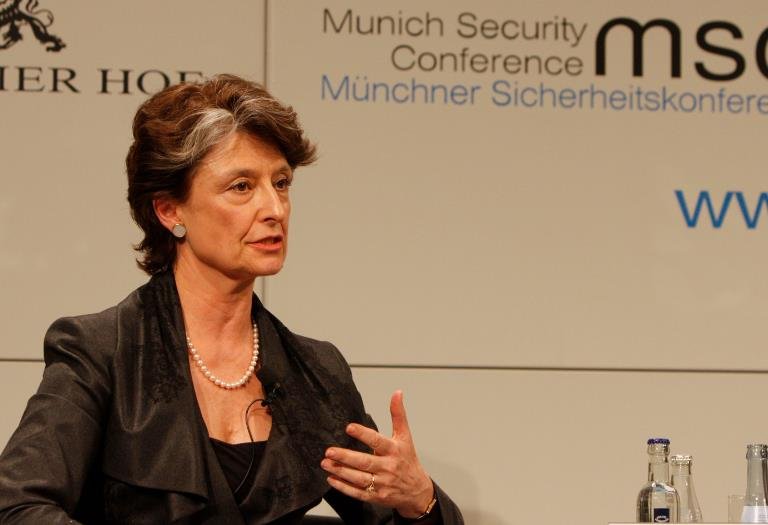Heusgen, who served as Germany’s ambassador to the United Nations from 2017 to 2021, has been vocal in his criticism of Israel’s policies and actions in the occupied Palestinian territories. He has repeatedly called for Israel to respect international law and human rights, and to end its settlement expansion and blockade of Gaza.
He has also drawn parallels between the actions of Hamas, the militant group that controls Gaza, and those of the Israeli government. In 2019, he said: “We believe that international law is the best way to protect civilians and allow them to live in peace and security and without fear of Israeli bulldozers or Hamas rockets” . This statement earned him a spot on the Simon Wiesenthal Center’s list of the most antisemitic incidents of that year.

Heusgen’s stance on the Middle East issue has caused outrage among some Israeli officials and pro-Israel groups, who have accused him of being biased and antisemitic. They have also questioned his suitability to lead the Munich Security Conference (MSC), a prestigious forum for foreign and security policy that has been held annually since 1963.
The MSC, which is partly funded by the German government, has traditionally been supportive of Israel and its right to exist and defend itself. The MSC’s outgoing chairman, Wolfgang Ischinger, who will hand over the reins to Heusgen in 2022, has been a staunch advocate of the two-state solution and the normalization of relations between Israel and the Arab world.
Heusgen faces a dilemma amid the Gaza war
Heusgen’s appointment as the MSC chief comes at a time when the Middle East conflict has escalated to a new level of violence and complexity. The war in Gaza, which started on October 7, 2023, after Hamas launched rockets at Israel, has claimed the lives of more than 1,800 Palestinians and 12 Israelis, and displaced tens of thousands of people.
The war has also exposed the divisions and dilemmas within the international community, especially among the European countries and the US, which have been trying to mediate a ceasefire and a lasting solution. The war has also put pressure on the Arab countries that have recently normalized ties with Israel, such as the UAE, Bahrain, Morocco and Sudan, to balance their interests and values.
Heusgen, who has been one of the main negotiators in the UN Security Council, has faced a difficult task of reconciling his personal views with his professional responsibilities. He has tried to strike a balance between condemning the violence and calling for restraint from both sides, while also acknowledging Israel’s right to self-defense and Hamas’s role in provoking the conflict.
He has also tried to maintain Germany’s role as a credible and impartial partner for both Israel and the Palestinians, as well as for the wider region. Germany, which has a special historical and moral obligation to support Israel, has also been a major donor and supporter of the Palestinian cause and the UN agency for Palestinian refugees.
Heusgen’s vision for the MSC and the world
Heusgen, who has a long and distinguished career in diplomacy and foreign policy, has a clear vision for the MSC and the world. He wants to make the MSC a platform for dialogue and cooperation among the states that uphold and enforce international law, and to address the global challenges and threats that affect the security and stability of the world.
He has identified the war in Gaza, the Russian invasion of Ukraine, and the conflicts in the Horn of Africa as the main topics that will dominate the MSC agenda next year. He has also stressed the importance of multilateralism, human rights, climate change, and digital transformation as the key issues that need to be tackled by the international community.
He has also expressed his hope that the MSC will continue to be a forum for constructive and respectful exchange of views and ideas, even among those who disagree or have different perspectives. He has said that he will welcome the participation of the Israeli president and the Palestinian prime minister, as well as other leaders and experts from the region and the world, at the MSC next year.
He has also said that he will not shy away from speaking his mind and standing up for his convictions, even if they are unpopular or controversial. He has said that he will not be intimidated by the criticism or pressure that he may face from some quarters. He has said that he will be guided by his conscience and his commitment to peace and justice.
